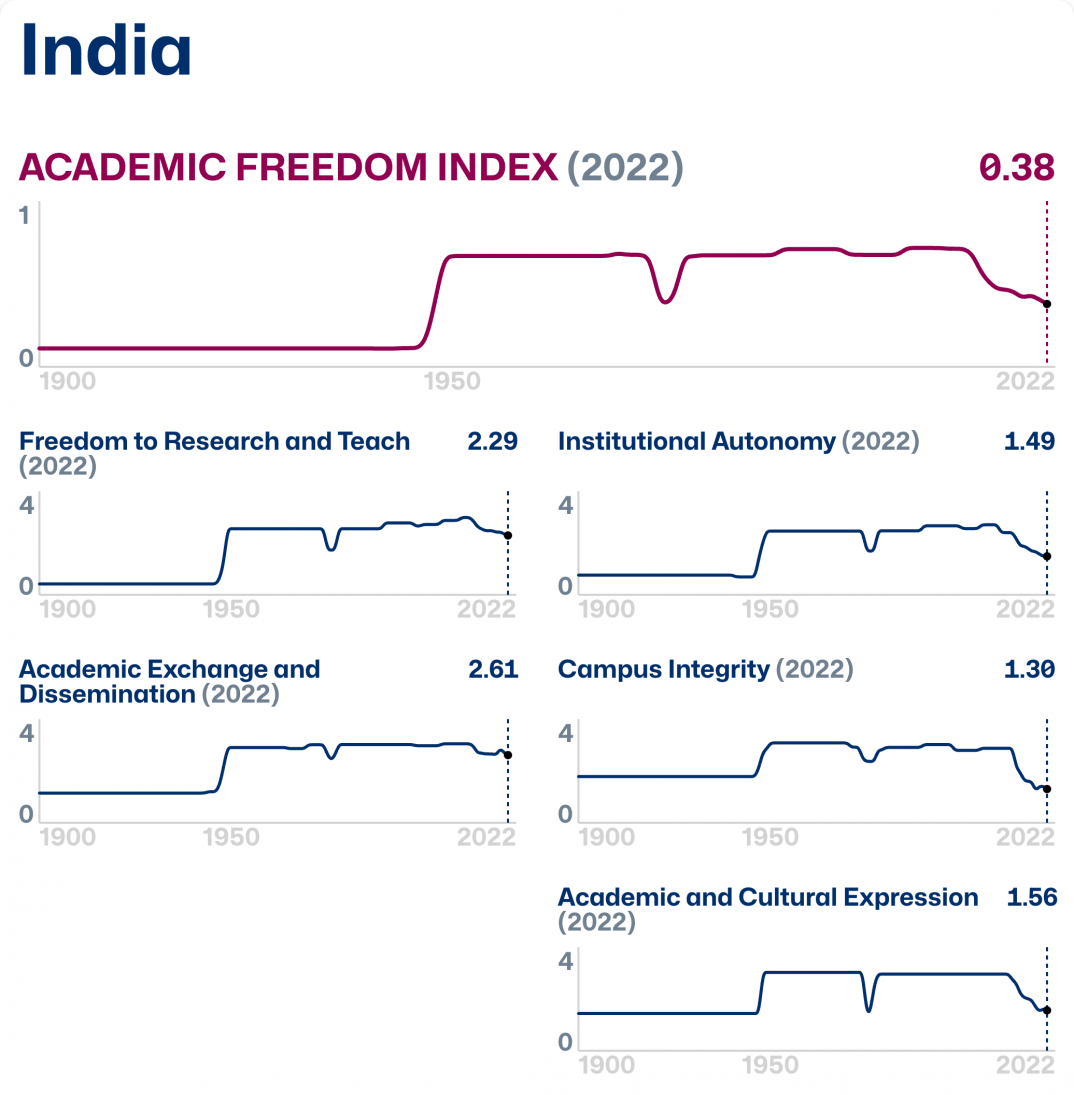Upholding Academic Freedom: The Need for Social and Political Discussions in Scientific Research Institutions
Context:
The recent prohibition of a discussion on the Unlawful Activities Prevention Act by the Indian Institute of Science (IISc) has sparked a debate within the scientific community.
Relevance:
GS-02 (Fundamental Rights)
Mains Question:
Discuss the significance of encouraging social and political discussions in scientific research institutions, highlighting the importance of academic freedom and the role of scientists in shaping societal progress. (150 words)
Dimensions of the Article:
- Academic Freedom and Constitutional Rights
- Science and its Multifaceted Links
- Socio-Political Engagement of Scientists
Academic Freedom and Constitutional Rights:
- Scientific research institutions are integral parts of society, granting their members the same constitutional rights as citizens to engage in social discussions.
- Researchers in these institutions enjoy the luxury of exploring various subjects critically, supported by public funding. Thus, they have an added responsibility to educate and express themselves on matters of public interest, ensuring justice is upheld.
Science and its Multifaceted Links:
- Restricting scientists solely to their scientific pursuits is an artificial boundary. Science often intersects with complex geopolitical, historical, and ethical issues, shaping scientific priorities and addressing broader questions of inequality and justice.
- Investigating climate change may naturally lead to discussions on colonialism, historical responsibility, and social inequality. Similarly, research on energy policy intertwines with environmental concerns and equitable energy distribution.
- The advent of artificial intelligence raises ethical dilemmas requiring thoughtful consideration.
Socio-Political Engagement of Scientists:
- India boasts a rich tradition of scientists who have actively participated in social issues. Prominent figures like Meghnad Saha, D.D. Kosambi, and Amulya Reddy, along with science movements like the Kerala Sasthra Sahithya Parishad and the All India Peoples Science Network, have contributed significantly to the integration of scientific values with social benefits.
- Scientific issues often intertwine with broader political matters, and society has benefitted from the active participation of scientists in such discussions.
Way Forward:
To preserve academic freedom and foster meaningful engagement, the following steps are essential:
- Overcoming Administrative Apprehensions: Scientific administrators should embrace political discussions instead of fearing potential repercussions from the government. They must recognize that academic institutions play a crucial role in nurturing diverse perspectives.
- Challenging Censorship: Proactive censorship and self-censorship have increasingly impeded academic freedom. Scientific institutions need to resist these pressures and assert their commitment to challenging arbitrary use of authority.
- Adapting Rules for Academic Scientists: The Central Civil Service (Conduct) Rules, designed for government bureaucrats, are ill-suited for academic scientists. Institutions should reconsider their interpretation and application of these rules, ensuring the protection of citizens’ fundamental right to free speech.
Conclusion:
In a time of societal turmoil, scientific research institutions have a profound responsibility to actively engage in social and political discussions. Encouraging such discourse not only upholds academic freedom but also fosters an environment where science and societal progress are intertwined. It is imperative for the Indian scientific community to resist censorship and safeguard their academic independence, thereby contributing to the larger goal of a democratic and progressive society.





